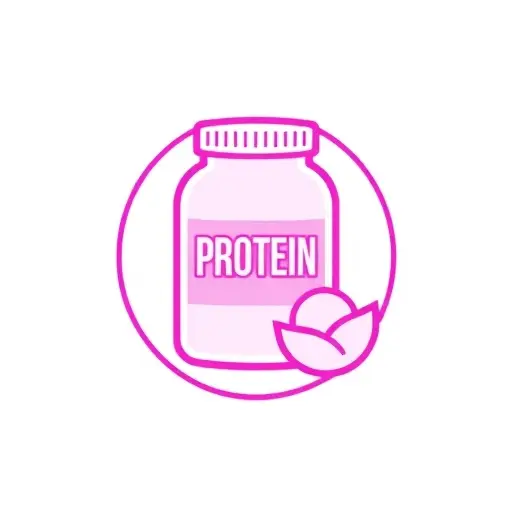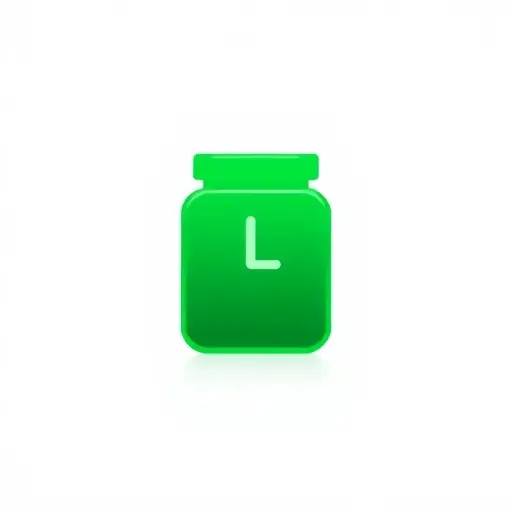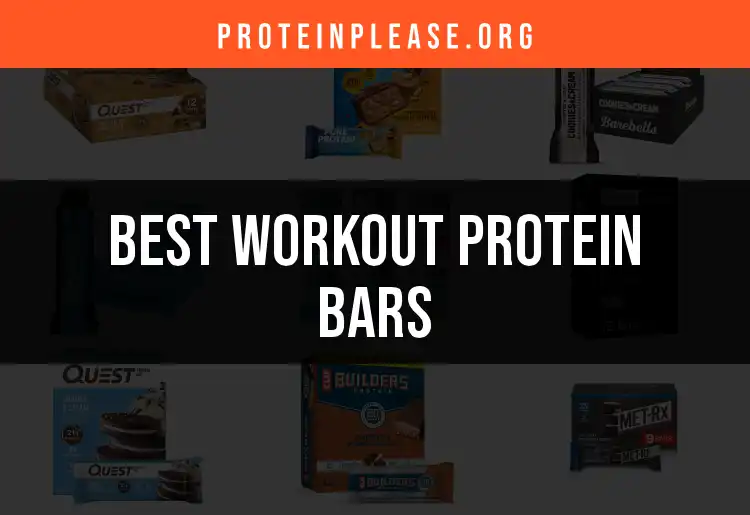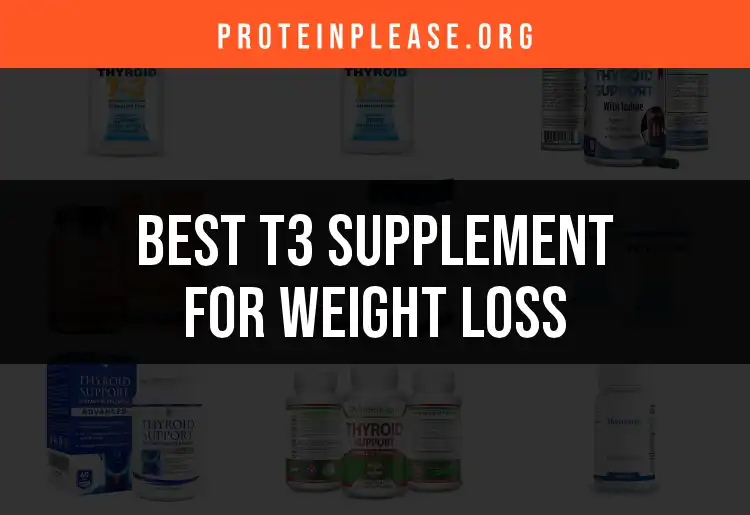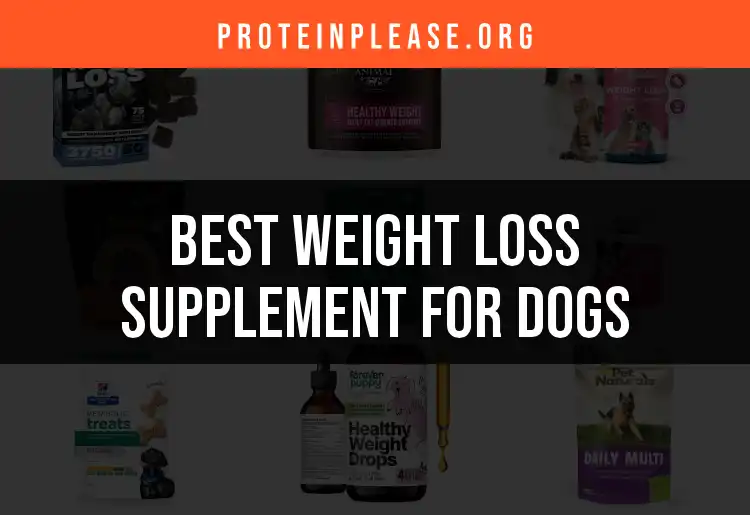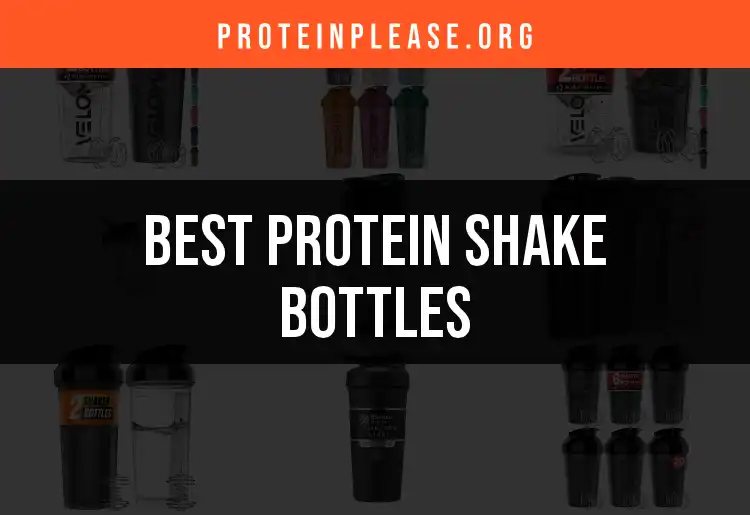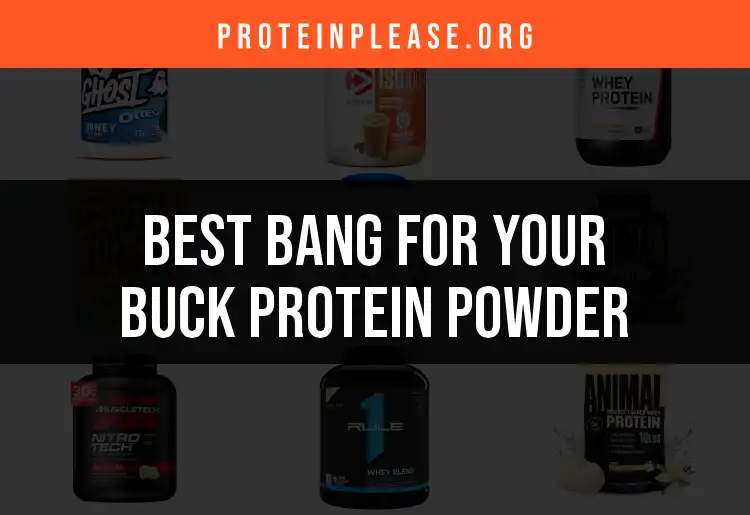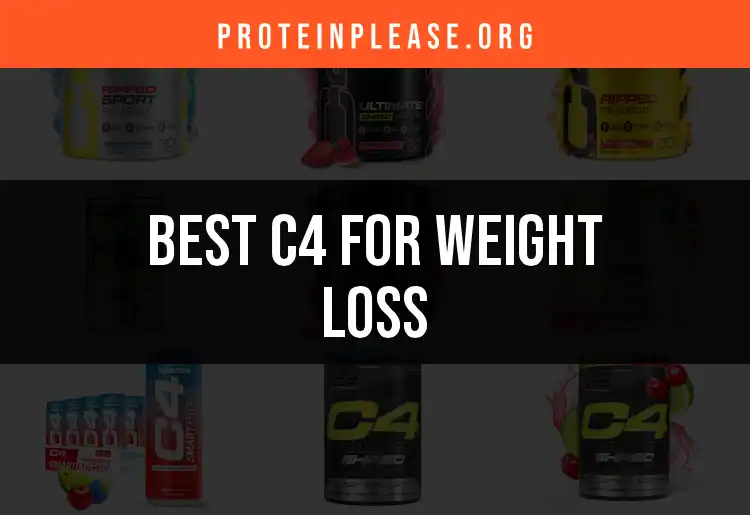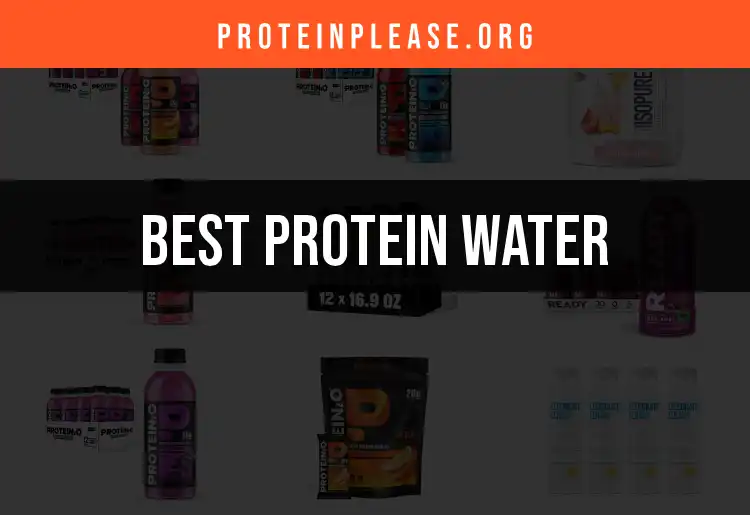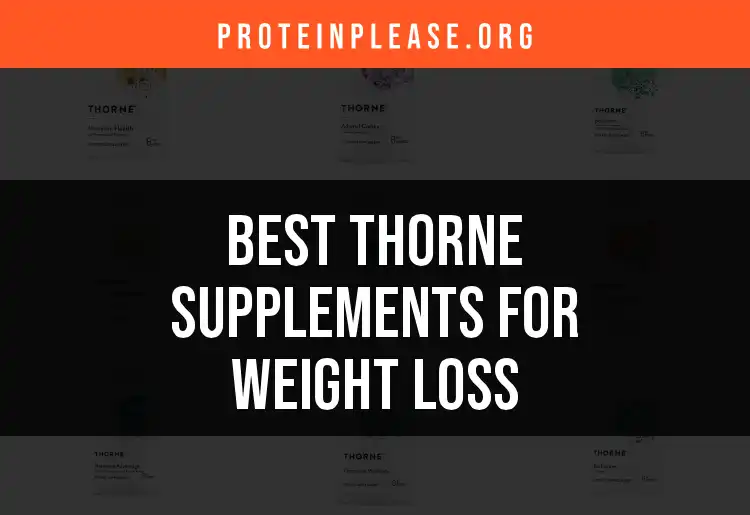Introduction to Diet Supplements
Diet supplements have become a cornerstone for anyone interested in improving their health, achieving better fitness, or managing their weight. At their core, diet supplements are products designed to complement your daily nutritional intake rather than replace whole foods entirely. With the perfect balance, these supplements can fill nutritional gaps, support muscle growth, and help you reach your weight management goals more effectively.
Modern consumers are faced with an overwhelming selection of supplements on store shelves and online. Protein powders, vitamin gummies, meal replacement shakes, and more populate the aisles and web pages of health-focused retailers. The key is choosing supplements that are suited to your body's needs and your personal health goals.
In recent years, one fun and practical innovation has been the emergence of delicious protein gummies, which offer a convenient and enjoyable way to boost protein intake, especially for those who dislike shakes or bars.
Types of Diet Supplements
Protein Supplements
Protein supplements are by far some of the most popular diet products available today. The variety is huge:
- Whey protein is a complete, fast-digesting protein sourced from dairy.
- Casein digests more slowly and is ideal for overnight nourishment.
- Plant-based proteins (pea, rice, hemp) offer alternatives for vegans or those with dairy sensitivities.
- Collagen protein, popular for its skin and joint benefits, lacks the full spectrum of essential amino acids but serves specific needs.
Protein supplements can help with muscle recovery and growth, assist in preserving lean body mass during weight loss, and support satiety. Incorporating protein into your diet can be as simple as blending a powder into your breakfast smoothie or grabbing a bar on the go.
Of course, not all protein supplements are created equal:
- Powders are versatile, but some dislike the taste or texture.
- Bars offer convenience but can sometimes be high in sugar or artificial ingredients.
- Gummies represent a new solution for convenient, tasty protein. Learn more about how protein gummies fit into your daily routine.
Meal Replacements and Shakes
Meal replacements are formulated to provide complete nutrition in a portable form. These are especially useful for busy professionals, travelers, or those looking to control portion sizes with minimal effort. High-quality shakes should be balanced in protein, healthy fats, fiber, and micronutrients.
Fat Burners and Thermogenics
While protein shakes and bars add nutrients, fat burners and thermogenics are designed to enhance metabolism. These may contain caffeine, green tea extract, or capsaicin to help increase energy expenditure. Use caution and research, as some ingredients may cause unwanted side effects.
Appetite Suppressants
Appetite suppressants can help you control cravings and reduce overall calorie intake. Fiber supplements and certain plant-based compounds are often used to promote feelings of fullness. Always look for evidence-backed ingredients and start with the lowest recommended dose.
Gummy Vitamins and Mineral Supplements
Gummy forms aren’t just fun—they increase adherence, especially if you dislike swallowing pills. Bariatric patients, children, and adults alike have adopted this form. For a deep dive on the unique benefits of gummy vitamins, particularly after surgery, you can explore our dedicated breakdown of bariatric gummies.
Focus on Protein Gummies
What Are Protein Gummies?
Protein gummies are a newer addition to the supplement market, offering delicious, chewable snacks enriched with high-quality protein. They are designed to deliver a measured dose of protein in a candy-like format.
Benefits of Choosing Protein Gummies Over Other Forms
- Portability: Gummies are easy to carry and don’t require mixers or preparation.
- Digestibility: Many users find gummies gentler on digestion, especially those with sensitive stomachs.
- Enjoyment: For those who dislike shakes or powders, gummies offer a pleasant, guilt-free indulgence.
- Portion Control: Each serving is pre-measured, reducing the risk of accidental overconsumption.
Nutritional Content and Typical Ingredients
Protein gummies often derive their protein content from ingredients like collagen or whey isolate. Sweeteners used are typically low-calorie, like erythritol or stevia, and you’ll often see added vitamins and minerals for enhanced benefits.
Popular Brands and Flavors
From fruity blends to traditional candy flavors, brands continuously innovate to make gummies more enjoyable, without excessive sugars or artificial additives.
How to Select the Best Protein Gummies for Your Goals
Look for options with:
- Adequate protein per serving (ideally 5g+ for a snack)
- Minimal added sugars
- Natural flavors and colors
- Extra micronutrient fortification if you need it
Common Misconceptions and Myths About Protein Gummies
Some believe that gummies can’t contain effective dosages—however, modern formulations can pack substantial nutrition. Concerns about sugar content can be avoided with careful label reading.
For a detailed roundup of leading choices, see our comprehensive protein gummies guide.
Bariatric Gummy Vitamins
Special Nutritional Needs Post-Bariatric Surgery
After bariatric surgery, nutritional requirements change dramatically. Reduced stomach size and altered absorption mean patients must supplement with highly bioavailable nutrients.
Why Choose Gummy Vitamins for Bariatric Patients?
Gummy vitamins can improve consistency because they are:
- Pleasant to consume—important for those with post-surgery taste or swallowing challenges
- Available in specialized blends to match unique bariatric needs
Overview of Available Bariatric Gummy Vitamin Products
The best bariatric gummy vitamins are formulated with:
- High absorbency vitamins and minerals
- Non-irritating ingredients for sensitive digestive systems
- Concentrated doses to compensate for reduced absorption
Nutrients Commonly Included in Bariatric Gummies
Essential components typically include:
- Vitamin B12 for energy metabolism
- Iron to counteract deficiency risks
- Calcium and Vitamin D for bone health
- Folate for cellular function
How to Evaluate and Select Good Bariatric Gummy Vitamins
Check for:
- Third-party testing
- Compliance with ASMBS guidelines
- Clear labeling of iron, B12, and other essentials
Potential Benefits and Limitations of Bariatric Gummies
- Increased adherence and ease of use
- Limited by how much can fit in each gummy—sometimes requiring multiple gummies per day
- Not always sugar-free, so scrutinize the ingredients list
You can explore the best options and most trusted brands in our in-depth bariatric gummy vitamin review.
Finding the Best Deals on Protein Products
Importance of Cost-Effectiveness in Supplementation
Diet supplements can quickly become expensive. Regular usage means that smart shopping pays off—literally—in the long run. Balancing price with quality is crucial for sustainable supplementation.
Strategies for Finding the Best Deals on Protein Bars and Supplements
- Buying in bulk during sales
- Subscribing to auto-delivery services for discounts
- Comparing prices across reputable retailers
Seasonal Promotions and Bulk Buying Options
Staying alert for Black Friday, New Year, and Back-to-School promotions can yield serious savings. Many brands offer bonus packs or reduced prices during these windows.
Comparing Prices and Quality Across Brands
Don’t be swayed by marketing alone. Always analyze the:
- Price per serving, not per unit
- Protein content as a ratio to calories
- Ingredient quality
Spotting Genuine Discounts and Avoiding Counterfeits
Purchase only from trusted companies and certified retailers. If a deal looks “too good to be true,” it probably is.
Featured Section: Best Deals on Protein Bars
For more on smart shopping and specific recommendations, visit our resource on the biggest current savings on protein bars.
Overview of Popular Protein Bar Brands and Their Promotions
Top brands include:
- Quest, RXBAR, ONE, and Pure Protein, all of which run regular discounts
Criteria for Selecting a Good Deal
We evaluate based on:
- Cost per gram of protein
- Quality of ingredients
- Presence of unwanted additives
You’ll find our curated picks for the latest discounts and top-value protein bars.
Ingredients to Look for in Effective Diet Supplements
Quality and Source of Protein
Whey and casein should be isolated—meaning minimal fillers or byproducts. Plant proteins should be sourced from organic, non-GMO crops when possible.
Natural vs. Artificial Sweeteners and Additives
Natural sweeteners like stevia or monk fruit are preferable to aspartame, sucralose, and artificial food dyes, especially for long-term use.
Fiber Content and Its Role in Satiety and Digestion
Supplements with added soluble fiber promote fullness and aid digestion—a double win for weight management.
Additional Functional Ingredients
- Probiotics to support gut health
- Digestive enzymes for better absorption
- Superfoods such as chia, flaxseed, or green tea extract for added health benefits
Avoiding Common Fillers and Unnecessary Additives
Read labels carefully; avoid:
- Excessive maltodextrin
- Hydrogenated oils
- Unspecified “natural and artificial flavors”
How to Integrate Diet Supplements Into Your Lifestyle
Determining Your Nutritional Needs
Consult with a dietitian, use food tracking apps, or refer to RDAs to assess gaps that supplements can fill.
Timing and Dosage Recommendations
- Take protein after workouts for muscle recovery
- Use meal replacements at breakfast or lunch for convenience
- Consume vitamins with food to enhance absorption
Combining Supplements with a Balanced Diet
Supplements should augment—not substitute—a well-rounded diet rich in vegetables, fruits, lean proteins, and healthy fats.
Consistency and Monitoring Progress
Regular use and honest self-assessment lead to the best results. Adjust your regimen as your body and lifestyle change.
Consulting Healthcare Professionals Before Starting New Supplements
Especially important for:
- Those with existing health conditions
- Pregnant or nursing women
- People on medications
Safety, Regulation, and Quality Assurance
Regulatory Standards for Dietary Supplements
In the United States, the FDA regulates supplements under a different set of rules than medications, but top-quality products are made in facilities compliant with GMP (Good Manufacturing Practices).
How to Verify Quality and Authenticity of Products
- Look for third-party certifications, such as NSF or USP
- Ensure batch traceability and lot labeling
Recognizing Red Flags and Potential Risks
Steer clear of products with:
- Overpromising marketing language
- Unclear ingredient sourcing
- Lack of transparency
The Importance of Label Transparency and Third-Party Testing
Reputable brands openly share information about ingredient dosage, sourcing, and independent lab results.
Tips for Safe Supplement Usage
- Start with the lowest recommended dose
- Monitor for adverse reactions
- Store properly to maintain freshness
Frequently Asked Questions About Diet Supplements
Are Supplements Necessary for Weight Management?
Supplements can be useful, but aren’t mandatory. They work best as a complement to good eating and exercise habits.
How Do I Choose the Right Supplement for My Needs?
Identify your goals—muscle gain, fat loss, nutrient correction—and seek products specifically designed for those outcomes.
Can I Rely Solely on Supplements for My Nutritional Goals?
Supplements cannot replace the wide range of nutrients found in whole foods. Aim for a food-first approach, using supplements to fill in the gaps.
What Are the Common Side Effects and How to Mitigate Them?
Potential issues include digestive upset, allergic reactions, or nutrient interactions. Always introduce new products slowly and consult your healthcare provider as needed.
How Long Before I See Results?
Most supplements (like protein or meal replacements) work quickly for satiety or muscle support, but vitamin and mineral changes might be noticeable only after consistent use over weeks.
Resources & Additional Support
Reliable Brands and Product Guides
Turn to evidence-based reviews and curated lists to vet new products. For example, check out our resource on innovative protein gummies.
Links to Expert Articles and Studies
Link back to trusted health organizations, peer-reviewed journals, and reputable supplement guides for up-to-date science.
Where to Buy Genuine Supplements Safely
- Reputable online retailers or pharmacies
- Brand websites with transparent sourcing and labeling
Contacting Nutrition and Weight Management Professionals
Consult registered dietitians or physicians specializing in weight management before starting, stopping, or adjusting your supplement regimen.
For bariatric supplement guidance, see our detailed review of bariatric-friendly gummy vitamins, and for value shopping, view our breakdown of today’s best deals on protein bars.


